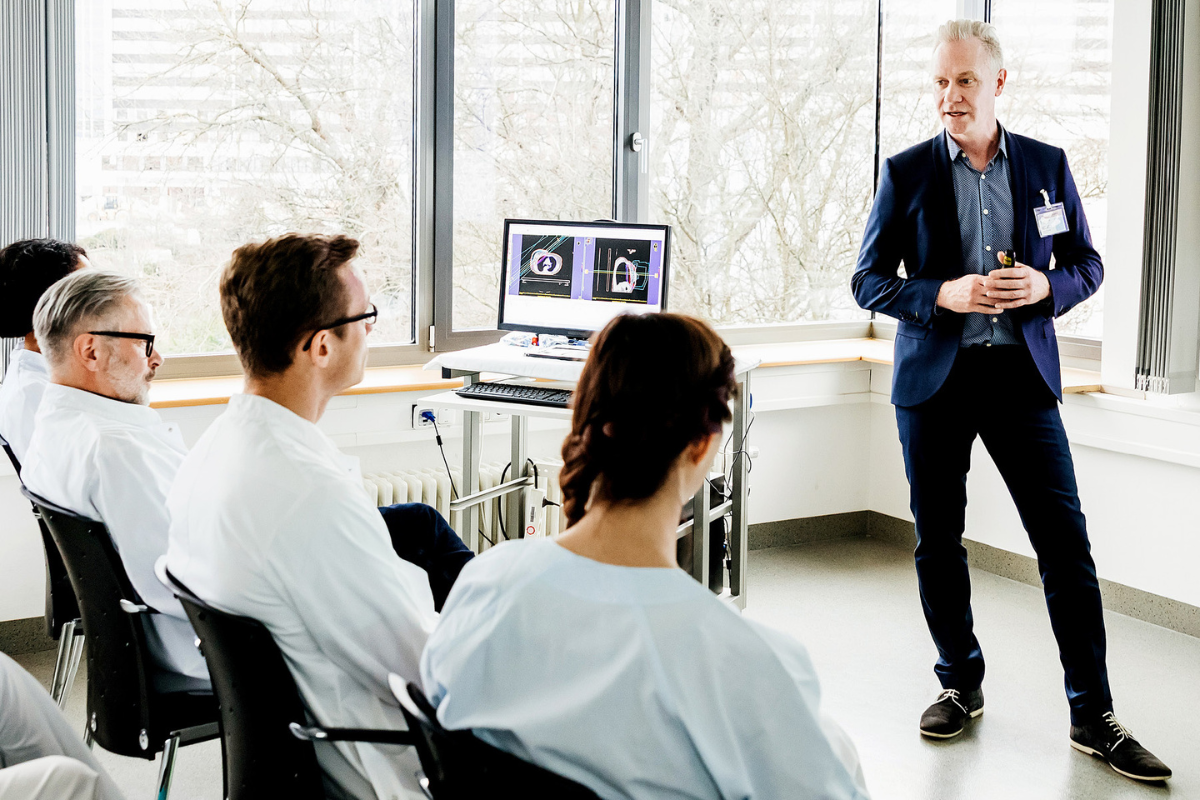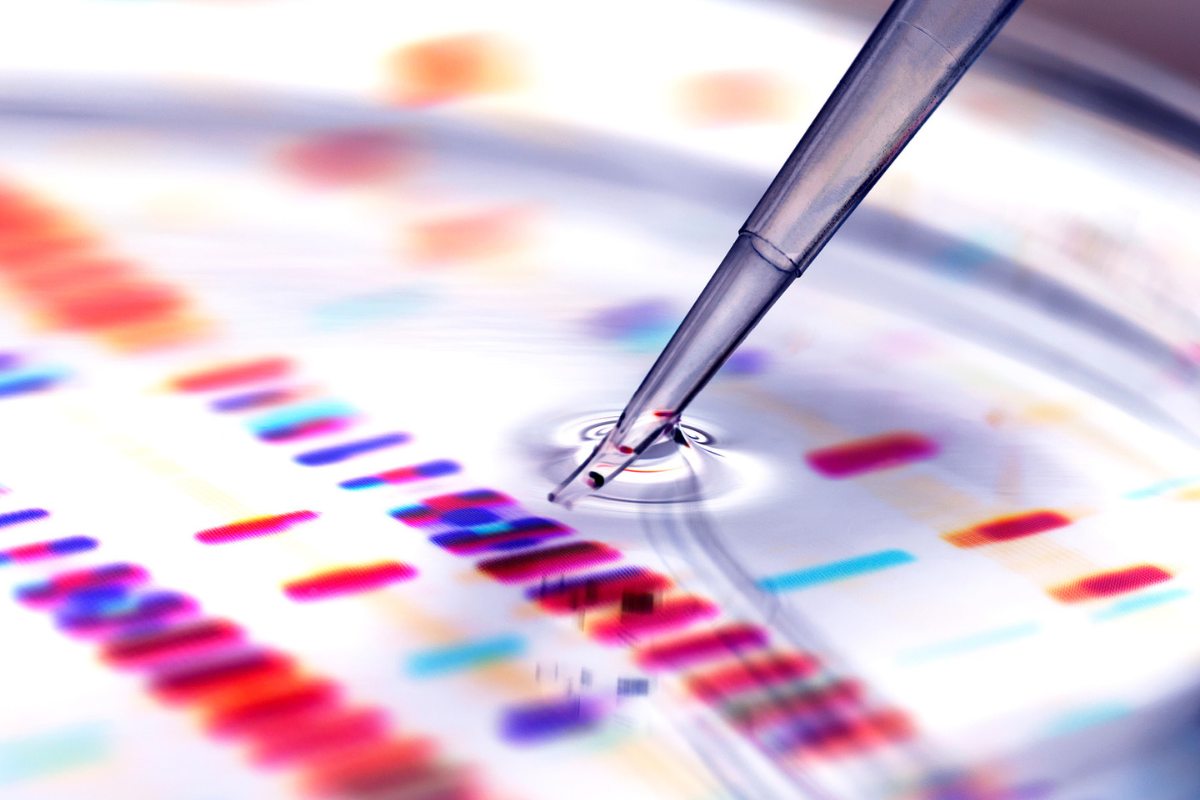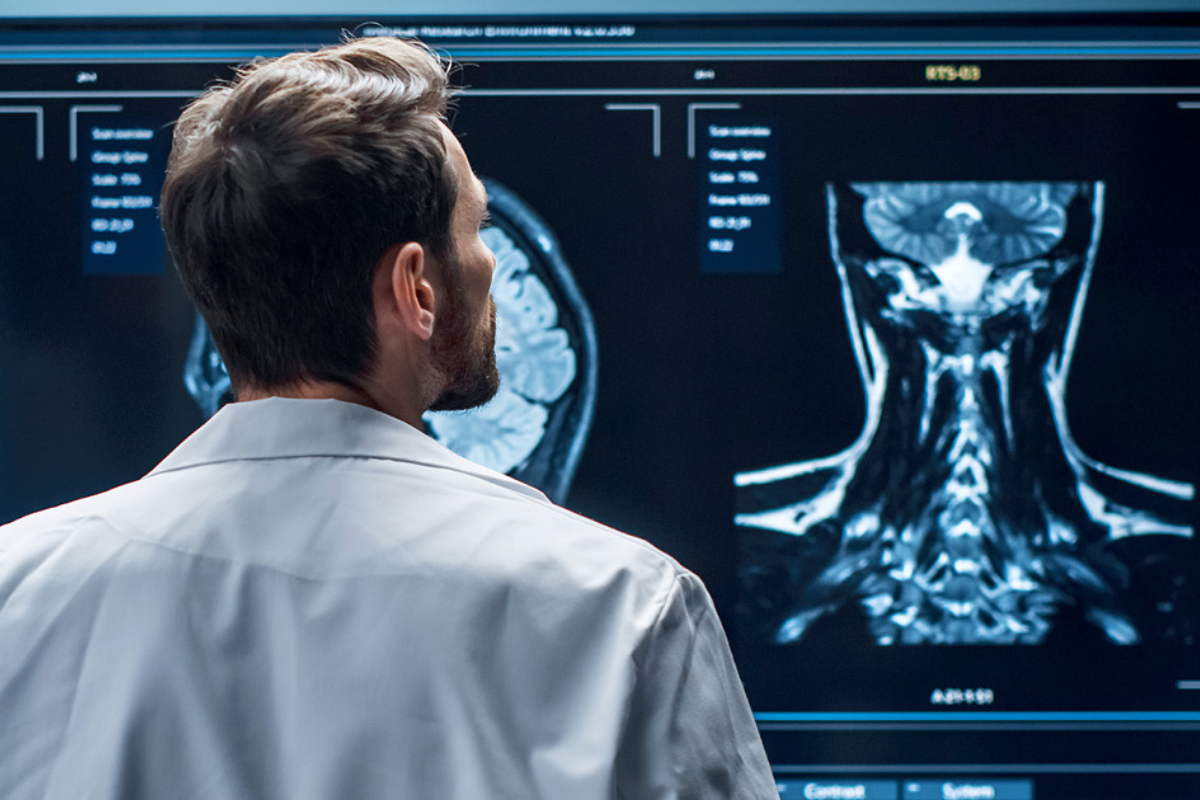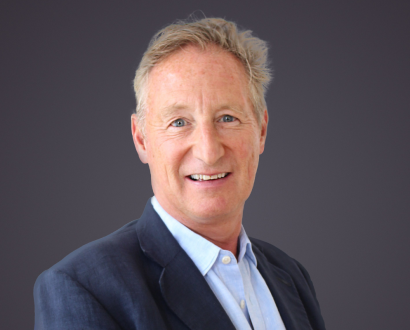As water cooler moments go, it’s the sort of conversation striking fear into patients in waiting rooms the world over – the prospect of AI replacing doctors, with computer-generated talking heads handing down serious diagnoses.
While this misplaced notion is gaining traction in the public sphere, with concerns building about possible fatal errors, a lack of empathy and the loss of the patient–doctor relationship, experts globally are keen for facts to replace the myths.
In short, AI and digitization in the healthcare space, especially in regard to patient outcomes, has a brand problem. It’s one that academics, medics, tech companies and stakeholders are working hard to address with some urgency.
A recent survey from Washington-based Pew Research Center, which polled 11,004 adults, found 75 percent of patients noted concern about the speed with which AI was being implemented into health care, with 27 percent believing it could lead to mistakes.
It’s not surprising an enemy-building ‘humans versus tech’ consciousness has been reaching fever pitch in recent months, considering the controversy AI programs such as DALL-E 2 and ChatGPT have caused in the world of art and culture.
The Potential of AI

While digitization and automation are dramatically impacting job prospects in sectors such as the automobile, farming and retail industries, one thing is for certain: AI will not make physicians obsolete. In fact, experts point out that medics will have more time to spend caring for patients because a critical part of the benefits of AI is its ability to use algorithms to analyze a huge amount of data, deliver insights and identify patterns.
Tom Lawry, a United States-based strategic advisor to health leaders worldwide and bestselling author of Hacking Healthcare – How AI and the Intelligence Revolution will Reboot an Ailing System, tells The CEO Magazine he believes better education and understanding of AI are needed to reduce the fears.
“The issue of consumer fear is puzzling in some ways because we’ve seen a tenfold increase of personal health and medical apps being used by consumers since the COVID-19 pandemic began – and most of these apps are driven by some form of AI,” he says.
There are certainly indications that AI use in healthcare systems struggling with costs and staff shortages is already growing rapidly. A report by Accenture found that in the United States AI has the potential to create US$150 billion in annual savings in health care by 2026.
IBM’s Watson for Health is already helping medics unlock huge amounts of health data and power diagnosis, while Google’s DeepMind Health is working in partnership with clinicians, researchers and patients to solve real-world healthcare problems. The technology builds powerful networks that actually mimic the human brain.
“There also needs to be investment in training programs to ensure that healthcare professionals are equipped to work alongside AI technologies.” – Rocky Scopelliti
Naturally, in health care, where work practices are slow changing and risk-averse for good reason, there are a number of complexities and challenges surrounding AI that experts point out will need to be addressed along the way.
Professor Rocky Scopelliti, a futurologist and author, believes AI has “tremendous potential” to improve health care. However, his blueprint to embrace the opportunities safely and responsibly includes governments establishing clear regulatory frameworks, plus ethical guidelines and privacy assurances.
“Importantly, there also needs to be investment in training programs to ensure that healthcare professionals are equipped to work alongside AI technologies,” he explains.
Breast Cancer Diagnostics

Examples of AI already being deployed in healthcare settings globally are certainly abundant and making frequent media headlines; in March this year it was revealed that AI had detected a United States woman’s breast cancer on a mammogram four years before it developed.
Commenting on the breakthrough, Larry Norton, Medical Director of the Lauder Breast Center at the Memorial Sloan Kettering Cancer Center, told CNN it was important to view AI as a “tool for helping the radiologist to look at the images better.”
“But it’s not going to replace a radiologist,” he added.
“It’s not going to replace a radiologist.” – Larry Norton
A personal diagnosis and recovery from breast cancer motivated Israeli-American scientist Regina Barzilay, Faculty Lead for AI at the Massachusetts Institute of Technology, to work on the development of cutting-edge AI technology to improve diagnosis and treatment for other women.
The world-renowned professor built an AI algorithm called Mirai, which analyzes mammogram X-rays and detects details in the X-ray images unseen to the naked eye before a tumor becomes cancerous. The system then provides statistics regarding the woman’s risk level over the next five years.
Barzilay’s system is currently undergoing trials at eight locations around the world, testing around 200,000 women.
Dementia and the Aging Population

Meanwhile in Australia, AI is being used by specialist app PainChek to assess pain severity for people with dementia, which affects the way someone reliably verbalizes their pain.
Philip Daffas, CEO of PainChek, says the app is replacing the previous manual paperwork in aged care, which was difficult to use, highly subjective and required specialist skill sets.
The potential value for managing the health care of aging populations with the aid of AI is certainly a pressing need.
“The design and automation of the technology makes it easy for all carers to use, starting in their home environment and into primary health and long-term care facilities, involving all relevant healthcare providers in each step in the process,” he tells The CEO Magazine.
The potential value for managing the health care of aging populations with the aid of AI is certainly a pressing need. The World Health Organization estimates the world’s population of those over 60 years of age is due to almost double, from 12 percent up to 22 percent between 2015 and 2050, and will reach a total of over 2.1 billion the same year.
Ensuring a Healthier Future

Jane Griffiths, CEO of Day Hospitals Australia, points out how the application of AI during the COVID-19 pandemic with regard to vaccine developments means it could be important in the future for both young and mature age groups.
“There is likely to be more viral pandemics in the years to come,” she predicts. “As populations become resistant to current antibiotic medications, the development of more effective antibiotics will be critical to dealing with serious infections and AI may play a role here.”
Lawry agrees, saying the pandemic has “set the stage” for AI in health and medicine to be pushed into the spotlight.
“As populations become resistant to current antibiotic medications, the development of more effective antibiotics will be critical to dealing with serious infections and AI may play a role here.” – Jane Griffiths
“An industry known for moving at glacial speed demonstrated it could move at warp speed when challenged. We saw that many, but not all, health and medical leaders demonstrate both a willingness to challenge the status quo and the capability of driving agile transformation at scale,” he points out.
“While humans fought and won the battle, the weapon they turned to make things go faster was AI. It was used to do everything from speeding up vaccine development to assisting millions of anxious citizens in performing self-assessments and seeking appropriate actions through things like intelligent COVID-19 chatbots.”
While the pandemic may have felt like a script from a dark science-fiction drama at times, AI in health care is set to be an important tool, not a sinister threat.
Amid the complexities, it’s clear the most positive patient outcome will occur when AI, medics and governments cooperate, resulting in a healthier future for us all.







